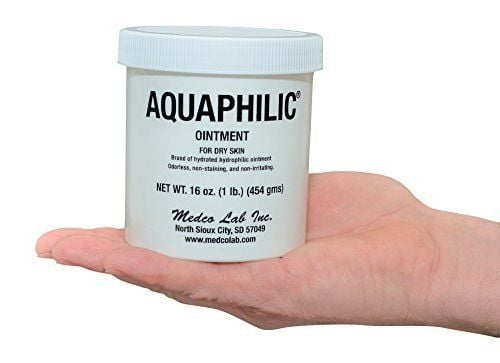This is an automatically translated article.
Evening primrose (Oenothera bienni) seed oil contains gamma-linolenic acid (GLA). Evening primrose oil (EPO) has no specific use in relation to lactation. It is commonly used for premenstrual syndrome, cyclical breast pain, and atopic dermatitis.
1. Some side effects when using evening primrose oil
Evening primrose oil side effects include:
Headache Indigestion Nausea Diarrhea Other side effects include:
Increased bruising Bleeding Convulsions
2. Should primrose oil be used for breastfeeding women?

Dầu hoa anh thảo thường được sử dụng cho hội chứng tiền kinh nguyệt
Evening primrose (Oenothera bienni) seed oil contains gamma-linolenic acid (GLA). Evening primrose oil (EPO) has no specific use in relation to lactation. It is commonly used for premenstrual syndrome, cyclical breast pain, and atopic dermatitis.
Supplementing nursing mothers with evening primrose oil for 8 months increased breast milk's content of linoleic acid and total GLA with its metabolite, dihomo-gamma-linolenic acid, and caused no reaction any disadvantages in breastfed infants. Supplementation to mothers with GLA did not have any effect on the development of atopic dermatitis in breastfed infants. Evening primrose oil "generally recognized as safe" (GRAS) is a U.S. Food and Drug Administration food product.
Using evening primrose oil to heat breast milk to 63.5 degrees Celsius reduces linolenic acid levels by about 22%. Frozen milk at -20 degrees Celsius and thawed several times reduced linolenic acid levels by an average of 63%.
The study was performed on 36 nursing mothers 2 to 6 months postpartum who took 2 grams of evening primrose oil (Efamol; n = 18) or a placebo (n = 18) twice daily. The total daily intake of the treated mothers was 2.8 grams of linoleic acid and 320 mg of GLA. Milk samples were included in the study and after 8 months of supplementation. The breast milk of supplemented mothers contained more linoleic acid and total GLA plus its metabolite, dihomo-gamma-linolenic acid, compared with baseline. The mothers who received the placebo had no change from baseline.
18 nursing mothers took EPO 2 grams daily for 8 months starting at an average of 3.4 months postpartum. After 8 months of supplementation, no adverse reactions were reported in breastfed infants.
3. Pros and Cons of Evening Primrose Oil

Dầu hoa anh thảo thường được sử dụng bởi các nữ hộ sinh hư là một thay thế cho hóa chất khác để chuẩn bị cổ tử cung cho chuyển dạ
While a lot of scientific research still needs to be done to fully evaluate the safety and effectiveness of EPO, there are some pros and cons we can consider based on the information we have now.
Advantages of evening primrose oil:
No known negative effects on breastfeeding Often used by midwives around the world (excluding the US) as an alternative to chemotherapy another substance to prepare the cervix for labor May aid in the treatment of certain other conditions Cons of evening primrose oil:
May act as a blood thinner. There is a chance that EPO could cause complications that may come with side effects such as headaches or digestive upsets.
Please dial HOTLINE for more information or register for an appointment HERE. Download MyVinmec app to make appointments faster and to manage your bookings easily.
Article reference source: drugs.com, webmd.com












